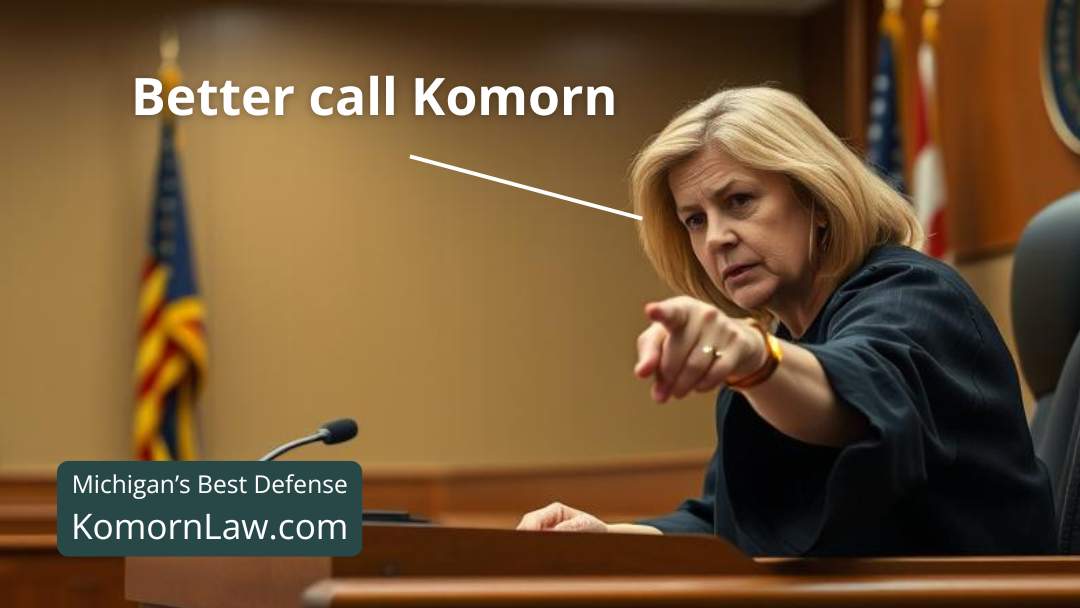Criminal Sexual Conduct (CSC) in Michigan Third Degree
Criminal Sexual Conduct (CSC) is a set of laws in Michigan that define and penalize various forms of sexual offenses.
These laws are categorized into four degrees, with each degree reflecting the severity of the crime.
The Michigan Penal Code specifies these offenses, found under the Michigan Compiled Laws (MCL), and each degree has different elements and penalties.
Third-Degree Criminal Sexual Conduct (MCL 750.520d)
Third-degree CSC involves sexual penetration under less severe circumstances than first-degree, such as:
- The victim is between 13 and 16 years old.
- The act was achieved through force, coercion, or the victim’s inability to give consent (e.g., due to intoxication or mental incapacity).
Penalties: A person convicted of third-degree CSC faces up to 15 years in prison.
Use You Right To Remain Silent
If you have been accused or charged with a crime.
Say nothing to anyone. Talk to us first.
Our firm is experienced in both State and Federal courts defending clients.
CALL NOW
Additional Information
Criminal sexual conduct convictions can lead to mandatory registration as a sex offender, especially if the victim is a minor. Michigan takes these offenses seriously, and those convicted can face lifelong consequences, including prison time and sex offender registration.
For more detailed definitions (MCL 750.520a) information on the statutes, you can review Michigan’s laws through the Michigan Legislature website.
Second or subsequent offense; penalty
- In the event that an individual is convicted of a second or subsequent offense under sections 520b, 520c, or 520d, the resulting sentence for these offenses shall include a mandatory minimum of no less than 5 years.
- For the purposes of this section, an offense is deemed a second or subsequent offense if, before the conviction of the second or subsequent offense, the individual has previously been convicted under section 520b, 520c, or 520d, or any comparable statute at the federal or state level for a criminal sexual offense, which includes but is not limited to rape, carnal knowledge, indecent liberties, gross indecency, or attempts to perpetrate such offenses.
Criminal Sexual Conduct Articles
No Results Found
The page you requested could not be found. Try refining your search, or use the navigation above to locate the post.
Note: This article provides a general overview and does not substitute for legal advice. Anyone charged with a CSC offense should consult an attorney for specific legal guidance.
Recent

Legal Tip – Your Rights During a DUI Stop in Michigan
Komorn Law - Quick Legal TipsLegal Tip: Understanding Your Rights During a DUI Stop in Michigan A DUI stop can be stressful, but knowing your rights is crucial. You have the right to remain silent. You are not obligated to answer questions beyond basic identification....

How to create and share a Dropbox link
Simplified Sender and Receiver Dropbox Share Instructions to Someone NOT on your Team. Don't get caught up in another license or give access to your whole box by mistake.Dropbox Sender Share Instructions Log into your Dropbox account Hover over the file or folder...











